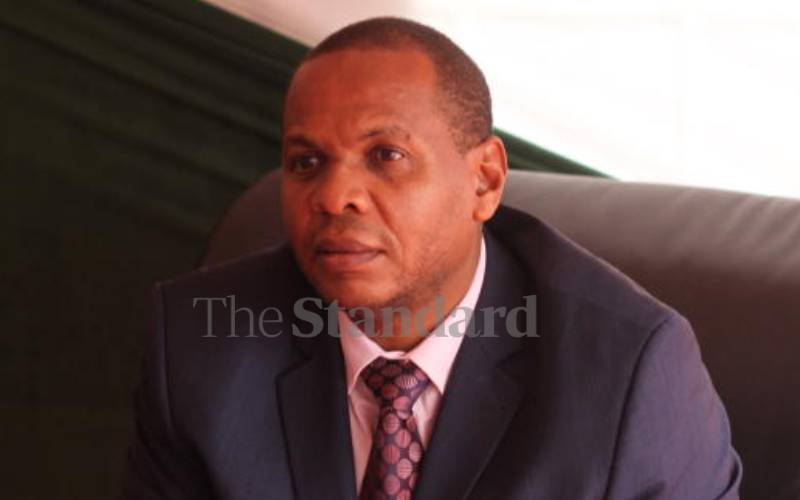×
The Standard e-Paper
Join Thousands Daily

Tana River Senator Danson Mungatana (pictured) has urged the Ministry of Water, Sanitation and Irrigation in conjunction with the Water Resources Authority (WRA) to engage stakeholders before undertaking major upstream activity in River Tana.